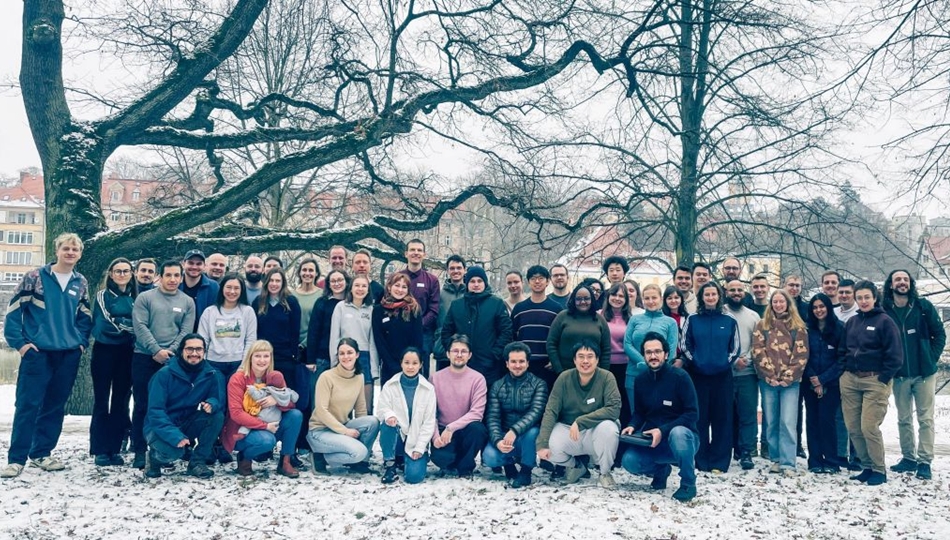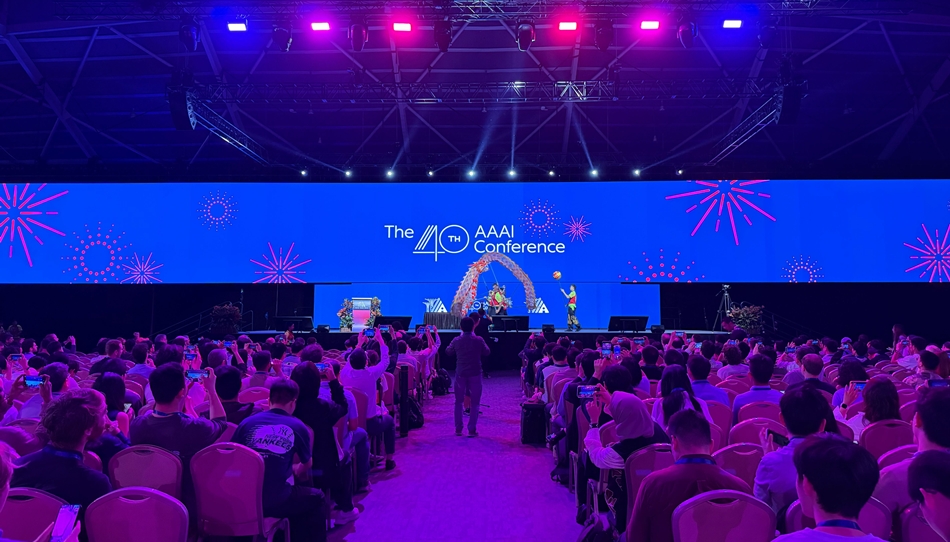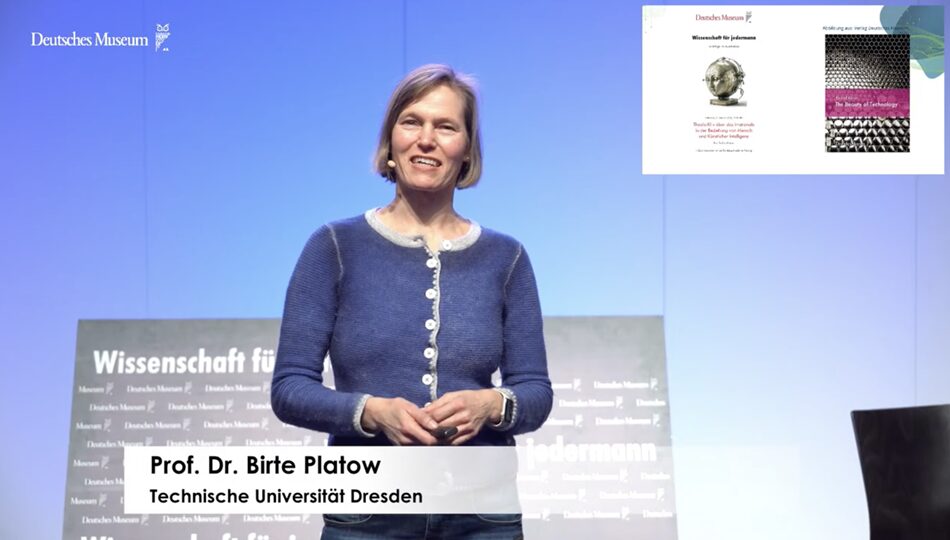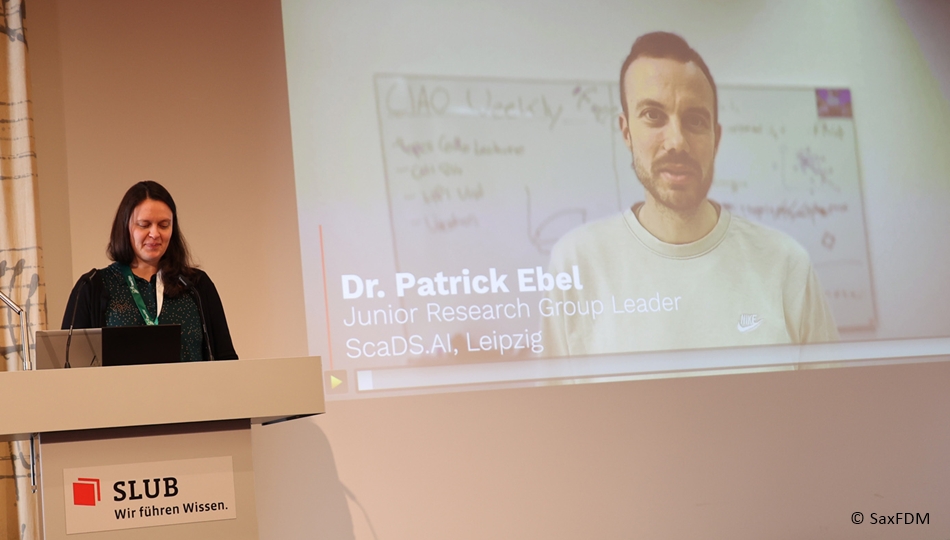
July 15, 2024
Junior Research Group presents at ECE 2024 in London

From 11.-15.07.2024, our junior research group “Situating AI-based Mentoring” attended the 12th European Conference on Education (ECE 2024) in London, United Kingdom. The group presented two sessions focused on current developments and challenges in AI-enhanced education.
Their contributions sparked significant interest and led to stimulating discussions with other educational scientists. The conference not only provided an opportunity to share their research findings but also to gain valuable insights from colleagues. The inspiring keynotes, enriching conversations, and promising contacts have the potential to open doors for future project proposals and collaborations.
Presentations
Student Needs and the Role of AI Mentors in Higher Education
The first presentation “Student Needs and the Role of AI Mentors in Higher Education” examined the implementation of advanced AI methods to create authentic, interactive learning environments based on Situated Learning Theory. The Erasmus+ project ‘Virtual Interface for Smart Interactions Online’ introduces an AI mentor to address the evolving demands of digital and remote learning. The group’s research showed that the AI mentor enhances student engagement and facilitates personalized learning journeys, but also has limitations in uniformly meeting the diverse needs of higher education. A critical examination of the AI mentor’s alignment with educational theories, particularly constructivism, revealed differences compared to human mentorship. The group recommends a strategic integration of AI tools, emphasizing their role as a supplement rather than a replacement for the human aspects of teaching and mentoring, supported by continuous feedback and interdisciplinary collaboration to ensure the pedagogical and ethical integrity of AI applications.
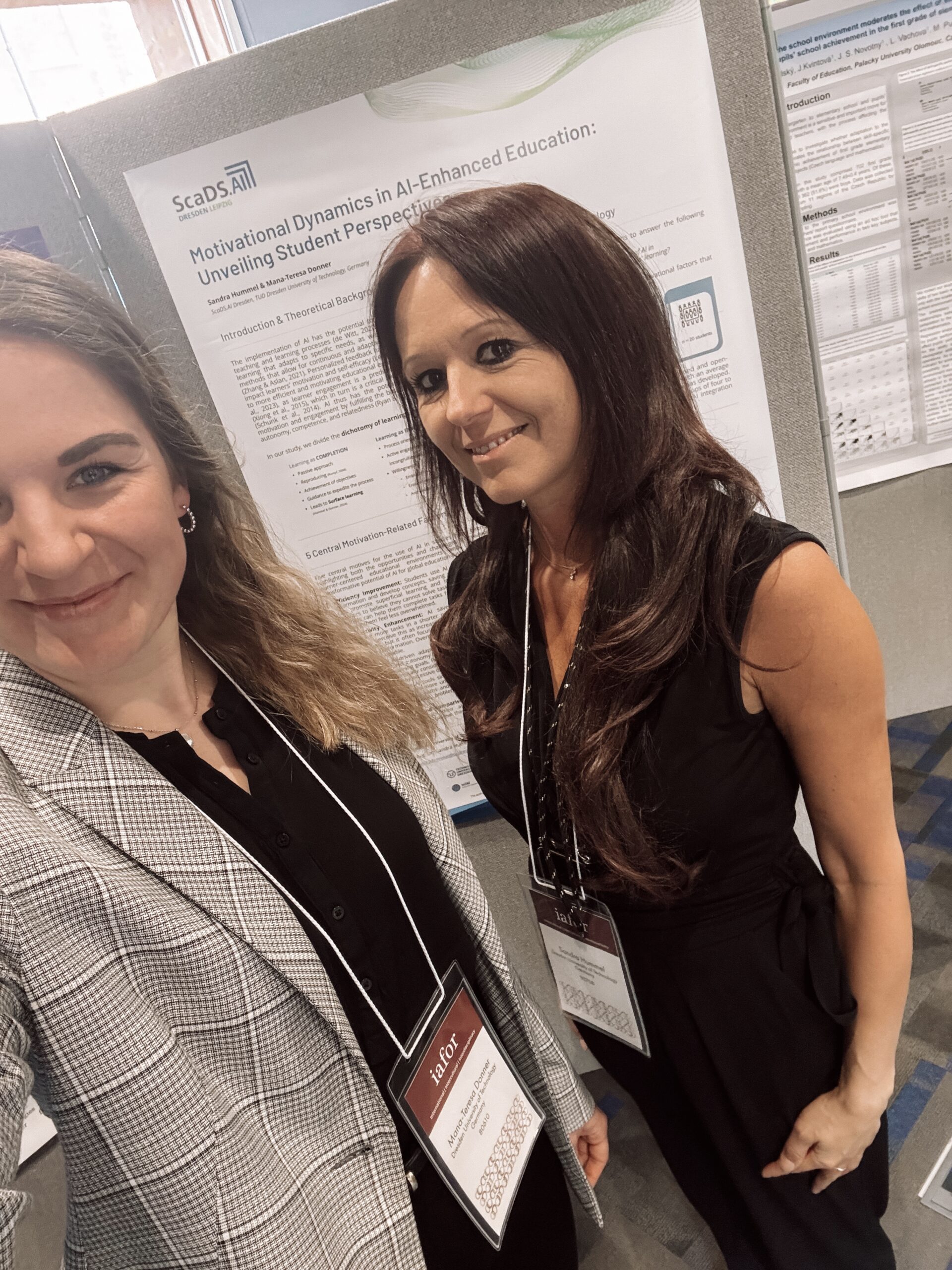

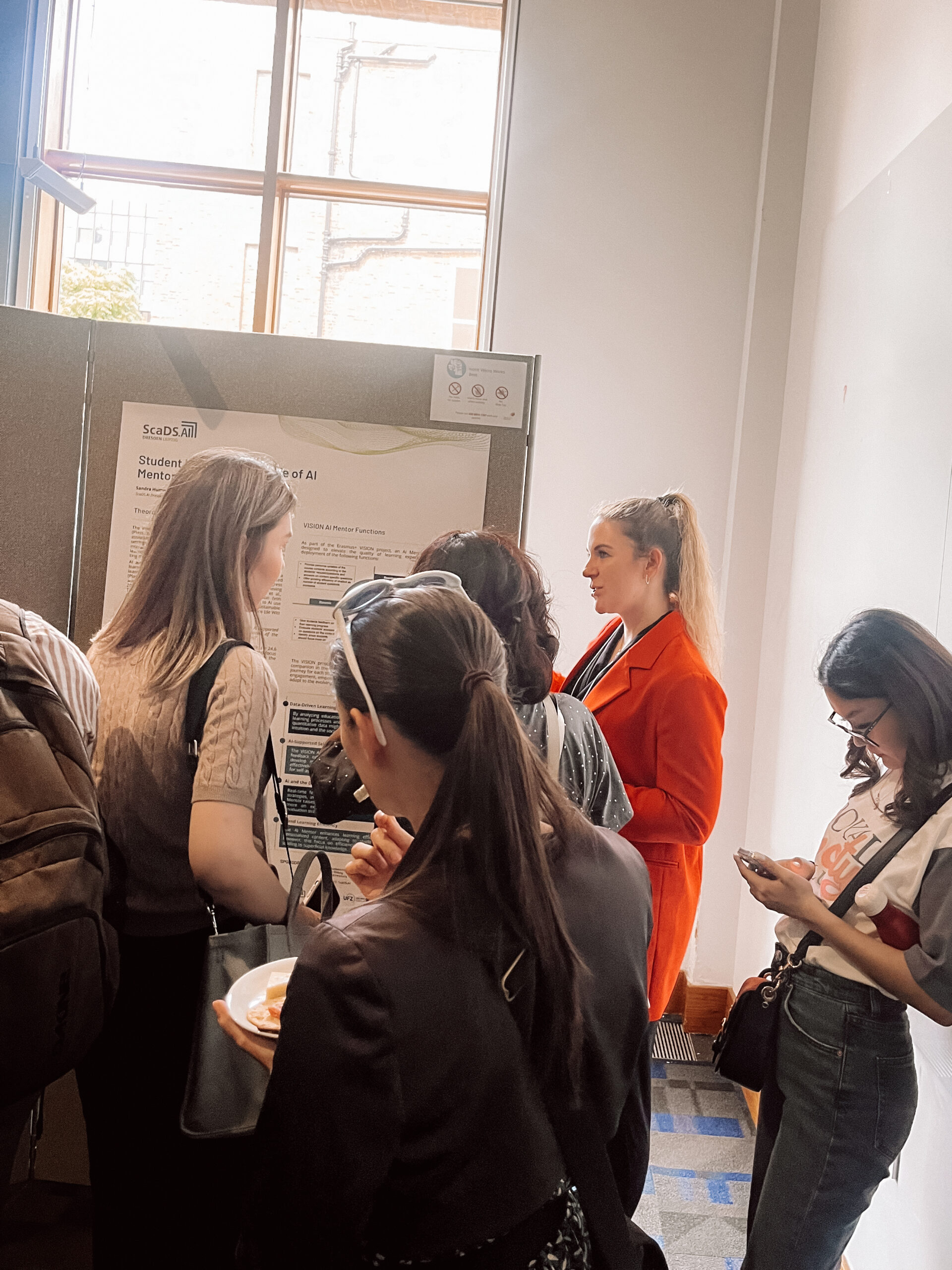
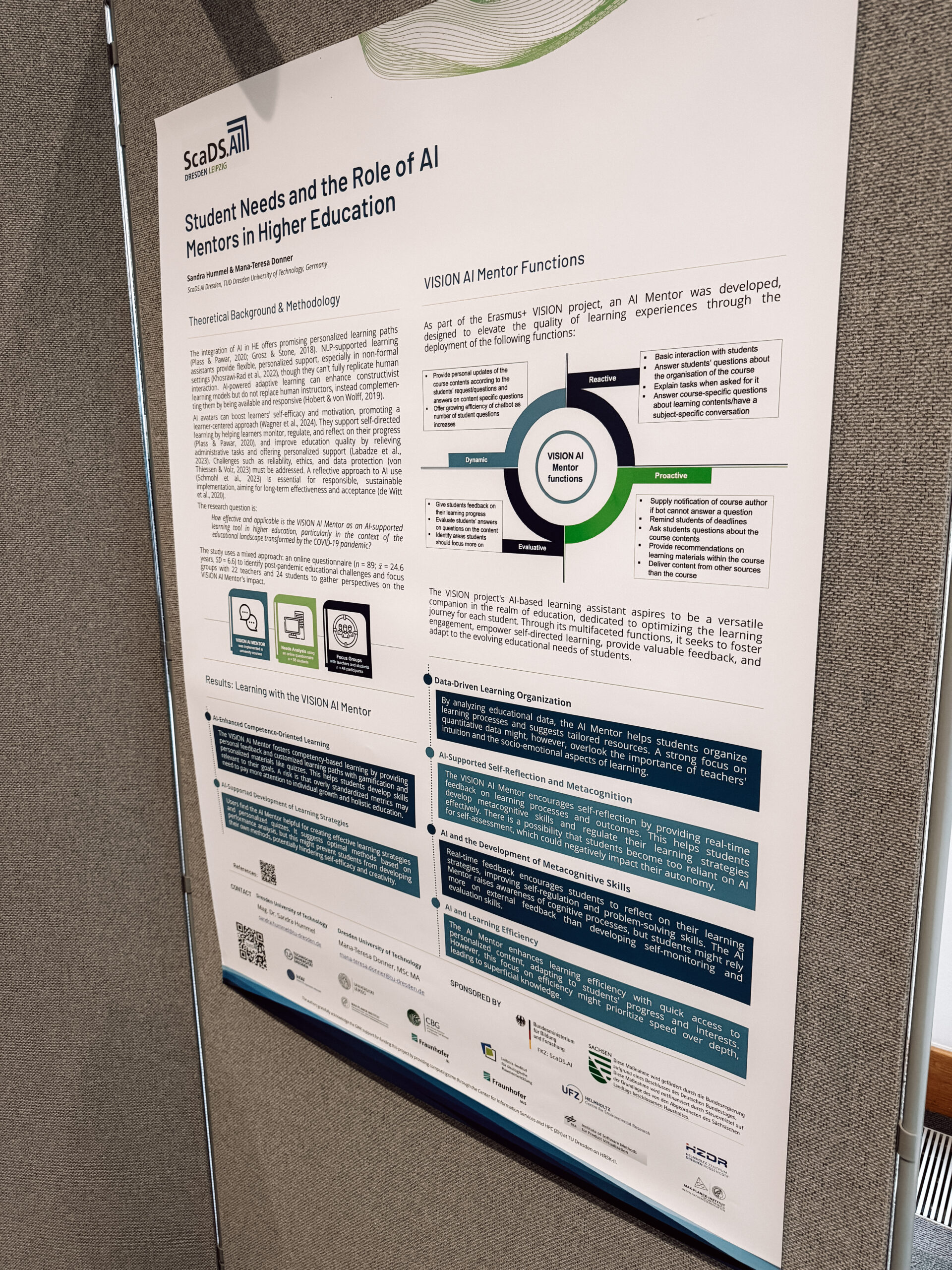
Motivational Dynamics in AI-Enhanced Education: Unveiling Student Perspectives
In the second study, “Motivational Dynamics in AI-Enhanced Education: Unveiling Student Perspectives,” the group examined the influence of AI on student motivation and learning processes. Utilizing a mixed-methods approach, they found that AI significantly enhances personalized learning experiences and fosters critical metacognitive skills such as critical thinking and problem-solving. Students employ AI tools to optimize information retrieval, increase productivity, promote self-directed learning, improve content comprehension, and gain competitive advantages. These categories align with the action phases of the proposed theoretical model. Their investigation highlights both the opportunities and challenges associated with using AI to create a tailored, learner-centered educational environment. It underscores AI’s transformative potential to revolutionize global education systems. Understanding motivational factors is crucial for the effective and pedagogically sound integration of AI into educational contexts, enabling the creation of efficient, student-centered learning environments.
ECE 2024
The 12th European Conference on Education (ECE 2024) was held from 11-15.07.2024 in London and hosted over 700 delegates from more than 80 countries.. ECE 2024 is an interdisciplinary conference, which brings together academics and scholars to exchange ideas in an international forum and stimulate dialogue. The conference was held alongside The 12th European Conference on Language Learning (ECLL2024) and The 12th European Conference on Arts & Humanities (ECAH2024). Learn more about ECE 2024 on the official conference website.

